Egypt, with its rich historical heritage and stunning landscapes, attracts millions of tourists every year. While the country offers a myriad of attractions and experiences, tourists often encounter certain challenges during their visit. Understanding these obstacles can help travelers prepare better and make the most of their trip. In this article, we will explore some of the top challenges faced by tourists in Egypt.
Safety Concerns
Egypt has experienced security challenges in the past, including instances of terrorism and occasional civil unrest. While security has improved in recent years, it's important for tourists to stay informed about the current security situation, follow any travel advisories, and take necessary precautions to ensure personal safety. It's advisable to avoid areas with known security risks and to use reputable tour operators and transportation services.
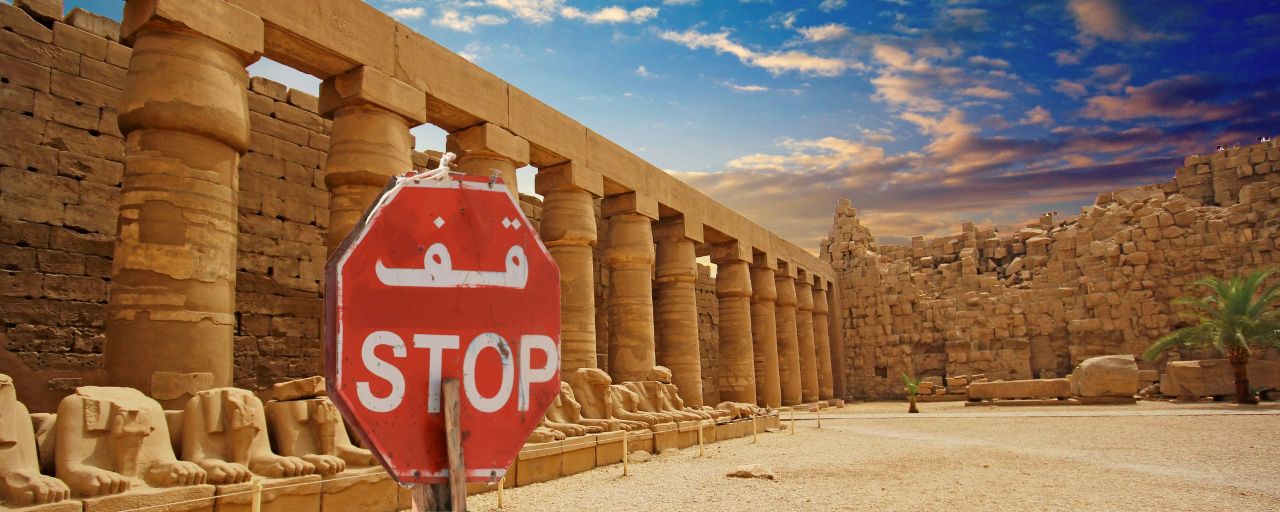
Language Barrier
The official language of Egypt is Arabic, and while English is spoken in major tourist areas and by some locals, there may still be language barriers, especially in more remote or non-touristy regions. Having some basic knowledge of Arabic phrases or carrying a translation app can be helpful in communication.
Cultural Sensitivity
Egypt has a rich cultural heritage, and tourists should be respectful of local customs, traditions, and religious practices. This includes dressing modestly, particularly when visiting religious sites, and being mindful of cultural sensitivities. Photography restrictions may apply at certain sites, and it's important to ask for permission before photographing locals.
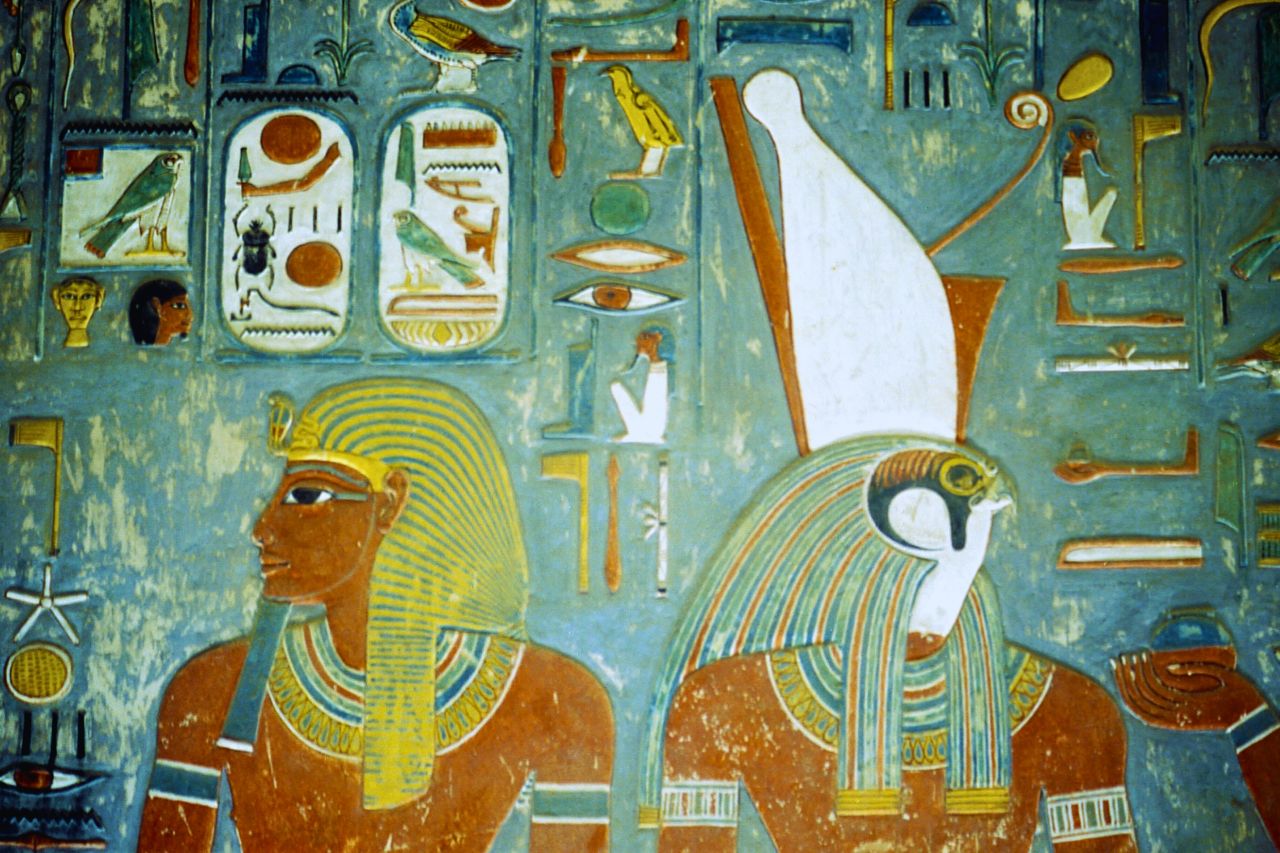
Hawkers and Touts
In popular tourist areas, tourists may encounter persistent hawkers and touts offering various goods or services. While some may offer legitimate products, others may engage in scams or sell counterfeit items. It's important to be cautious, use reputable vendors, and be firm in declining unwanted offers.
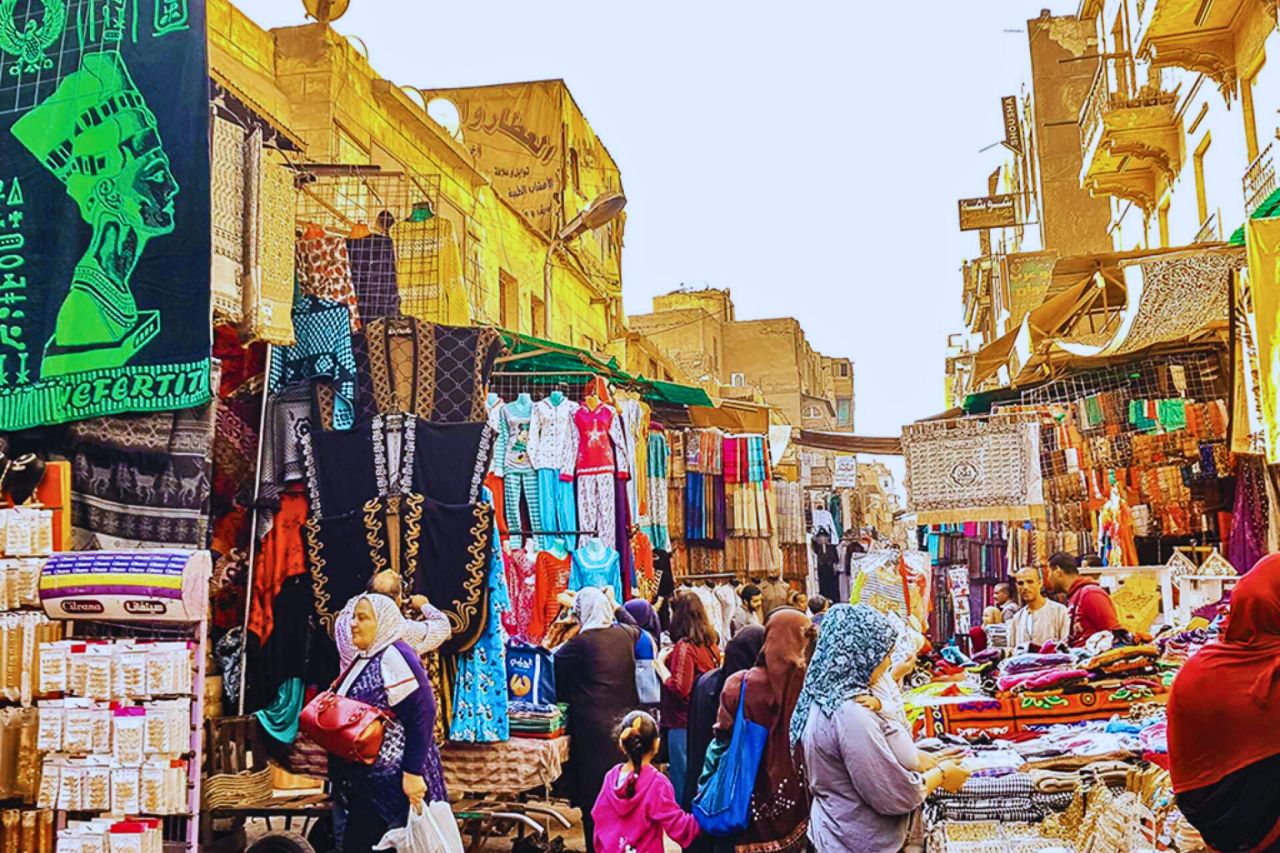
Street and Traffic Conditions
Traffic congestion, particularly in major cities like Cairo, can be challenging for tourists. Crossing busy streets can require patience and caution. It's important to be vigilant and follow local practices when navigating street crossings and to use designated pedestrian crossings where available.
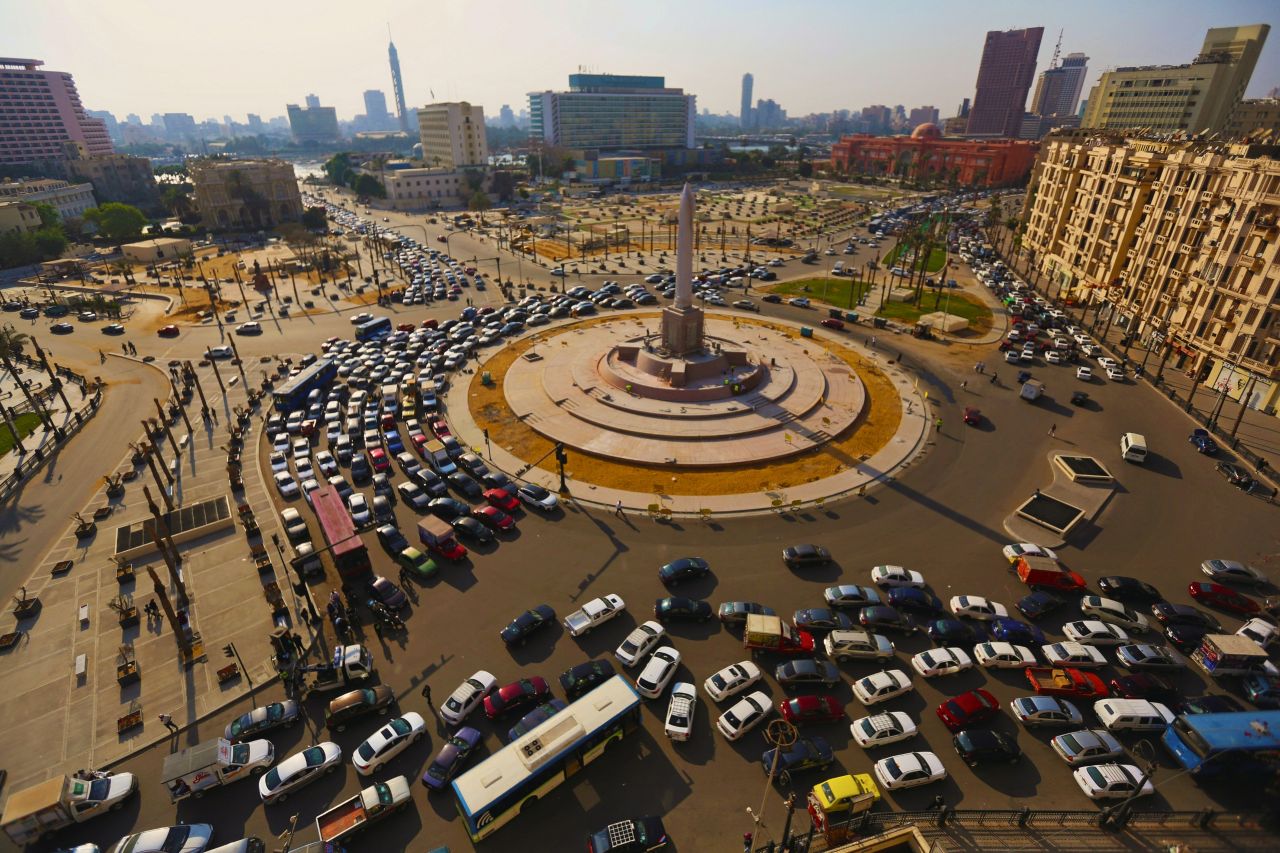
Health and Hygiene
Egypt's hot climate and unique environment may pose health challenges for tourists. It's important to stay hydrated, use sunscreen, and take necessary precautions to avoid heat-related illnesses. Drinking bottled water and practising good hygiene can help prevent gastrointestinal issues.
Tourist Scams
Like many tourist destinations, Egypt has its share of scams targeting unsuspecting tourists. Common scams can include inflated prices, unauthorised tour guides, and fake souvenirs. It's important to be cautious, research reputable tour operators, and be aware of common tourist scams to protect yourself from potential incidents.
Preservation of Historical Sites
Egypt is home to iconic historical sites, such as the Pyramids of Giza and the temples of Luxor. However, the preservation and management of these sites can be a challenge. It's important to follow the rules and guidelines set by authorities at historical sites to ensure their preservation for future generations.
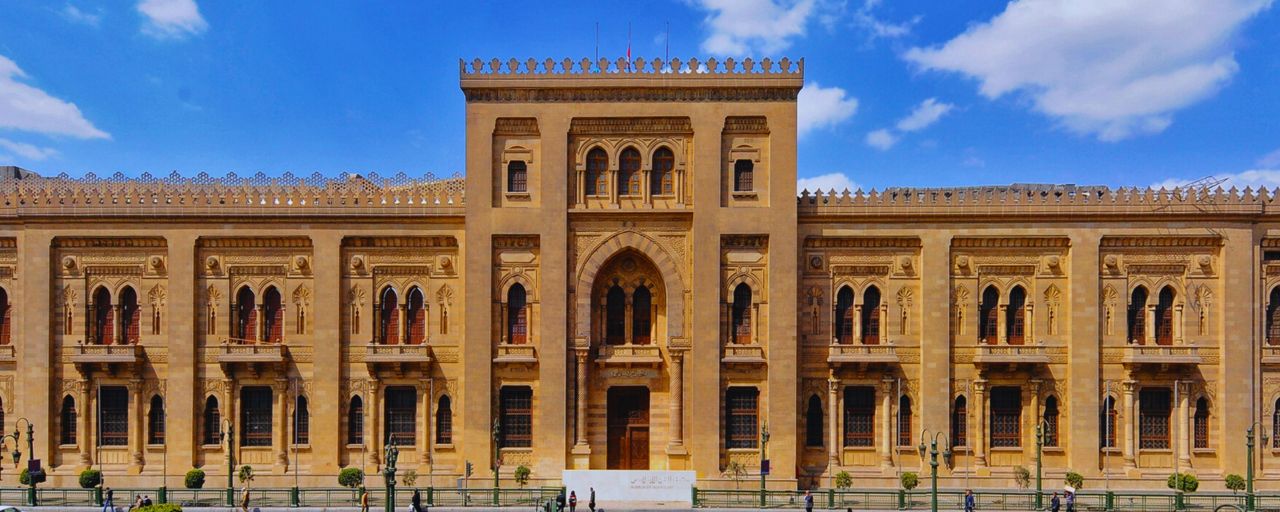
FAQ
Q: What are the main challenges tourists face in Egypt?
A: Egypt is a country full of history, culture, and iconic landmarks, but it does present some challenges to tourists. These include navigating crowded urban areas, dealing with intense heat, understanding local customs and traditions, language barriers, and ensuring personal safety.
Q: Is it safe to travel to Egypt?
A: The safety of travel can change rapidly, so it's important to check your local government travel advisory before planning a trip to Egypt. Some tourists reported instances of petty theft, scams, and occasional political instability. Be aware of your surroundings, take care of your belongings, and avoid demonstrations or large gatherings.
Q: How is the heat in Egypt, and how can I manage it?
A: Egypt is known for its intense heat, particularly during the summer months (May to August). It is recommended to drink plenty of water, use sunscreen, and wear light, loose clothing. Try to plan outdoor activities for the cooler parts of the day, like early morning or late afternoon.
Q: Are there language barriers in Egypt?
A: Arabic is the official language in Egypt. English is taught in schools and is widely understood in tourist areas, but communication might be a challenge in remote areas. It's a good idea to learn a few basic phrases in Arabic.
Q: What should I know about local customs and traditions in Egypt?
A: Egypt is a predominantly Muslim country, and it's important to respect local customs and traditions. Dress modestly, especially when visiting religious sites. During the holy month of Ramadan, be respectful of those who are fasting and try to avoid eating, drinking, or smoking in public during daylight hours.
Q: What about navigation and transportation in Egypt?
A: Navigating Egypt, especially the bustling city of Cairo, can be chaotic. Traffic is typically heavy, and driving standards are different from Western countries. Public transportation can be crowded. Taxis, Uber, and Careem (the Middle East's answer to Uber) are available in major cities and are generally a safer and more reliable way to travel.
Q: Are there specific health concerns for travelers in Egypt?
A: Tourists should ensure they're up-to-date on routine vaccines before traveling. Some tourists experience 'Pharaoh's Revenge', or traveler's diarrhea, likely due to a change in diet or water. Drinking bottled water and eating thoroughly cooked food can help avoid this. It's advisable to have comprehensive travel insurance that covers health care.
Q: How should I handle money and currency in Egypt?
A: The official currency is the Egyptian pound. ATMs are widely available in cities, and most hotels, restaurants, and major tourist attractions accept credit cards. However, it's a good idea to have some cash on hand for smaller vendors, tips, and in places where cards may not be accepted. Be aware of your surroundings when handling money to avoid theft.
Like
Dislike
To obtain a Egypt eVisa
- Step1: Complete the online application by providing your passport details.
- Step2: Submit payment online using a credit card.
- Step3: Monitor your email for confirmation of payment and receipt of your eVisa, which will be sent electronically.

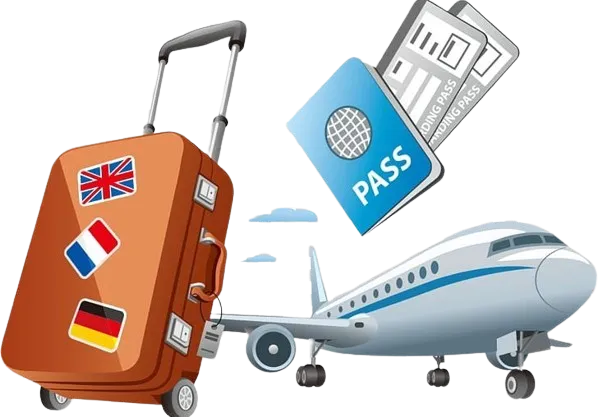
1
Comment